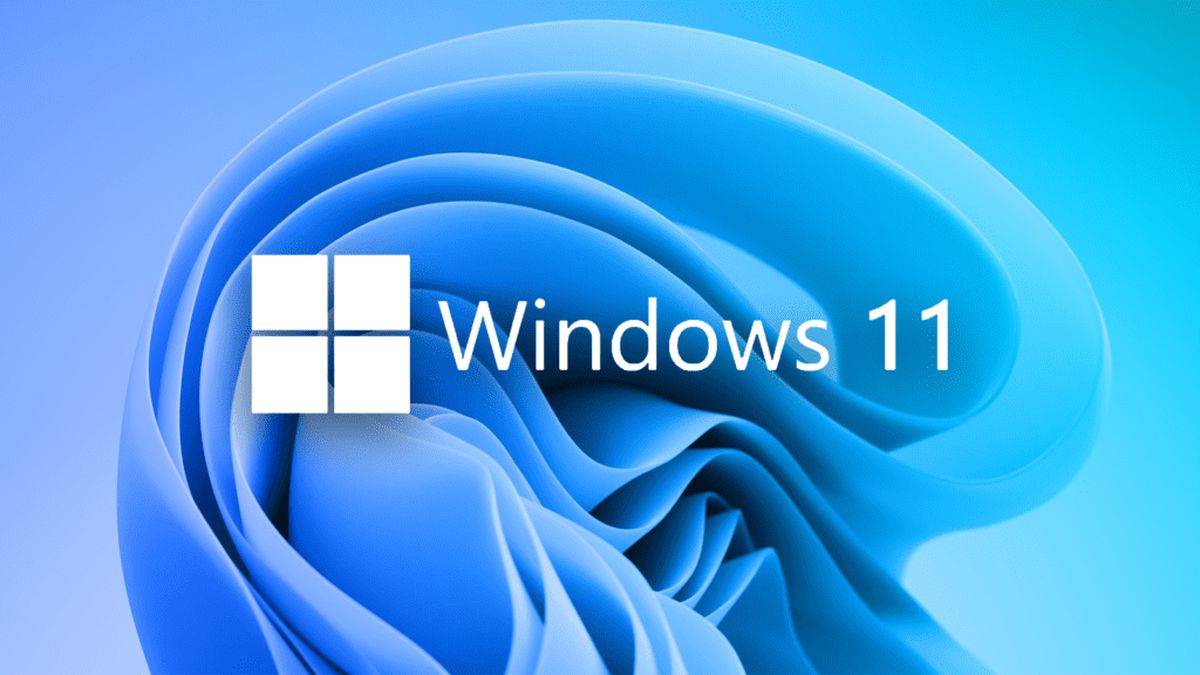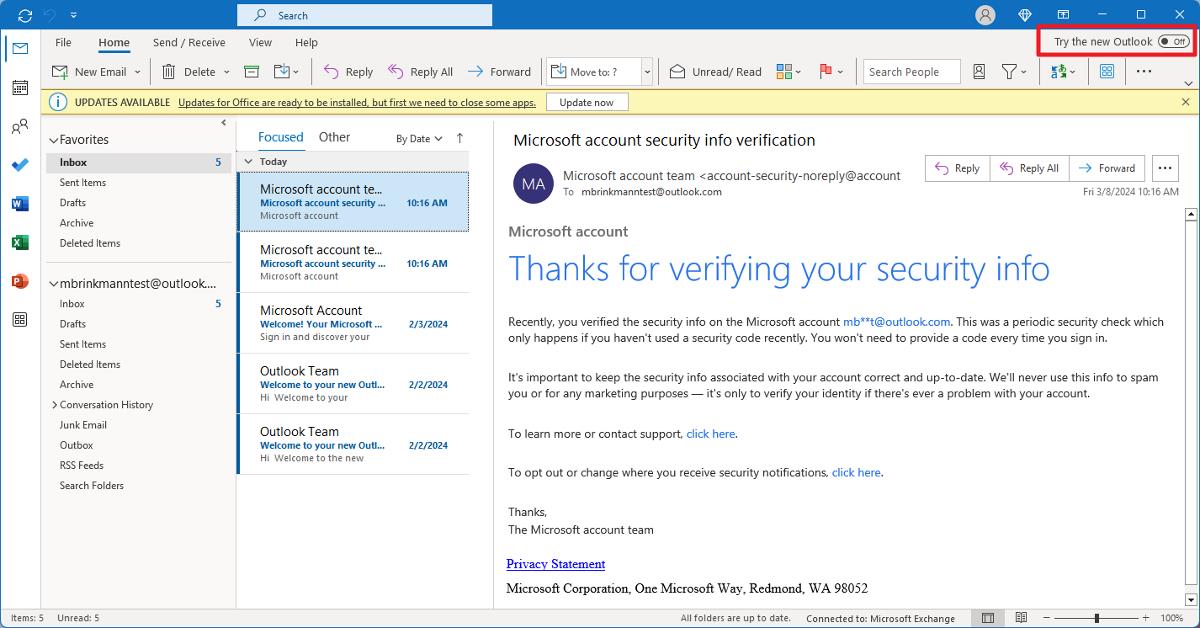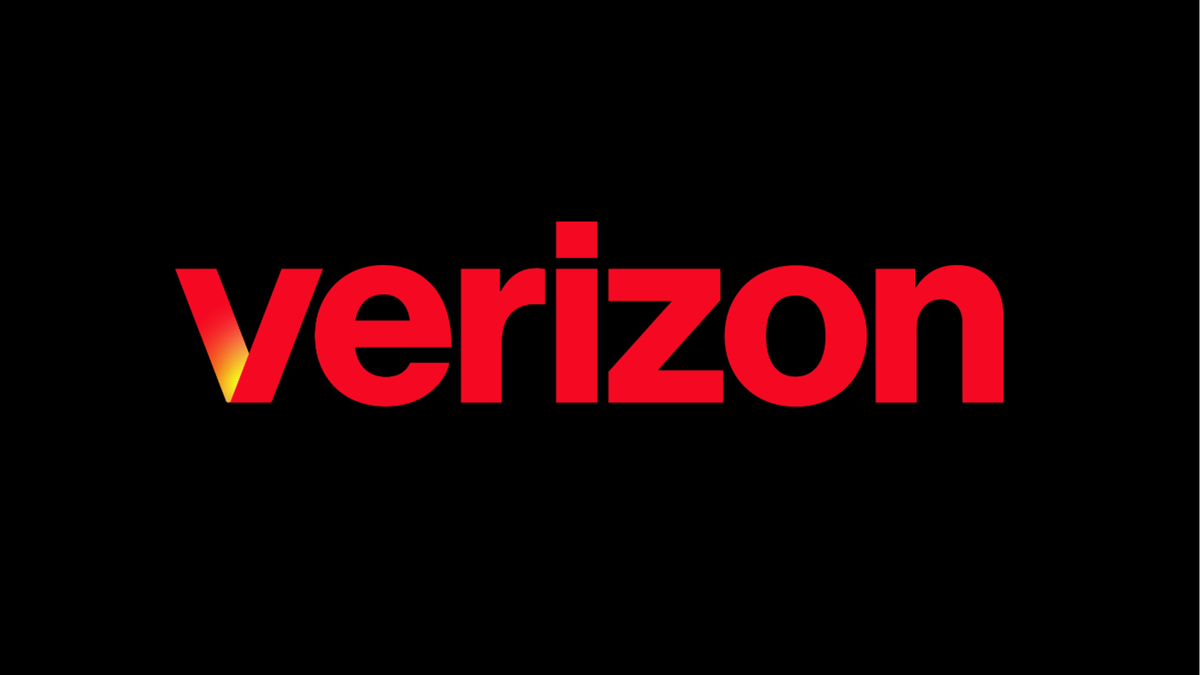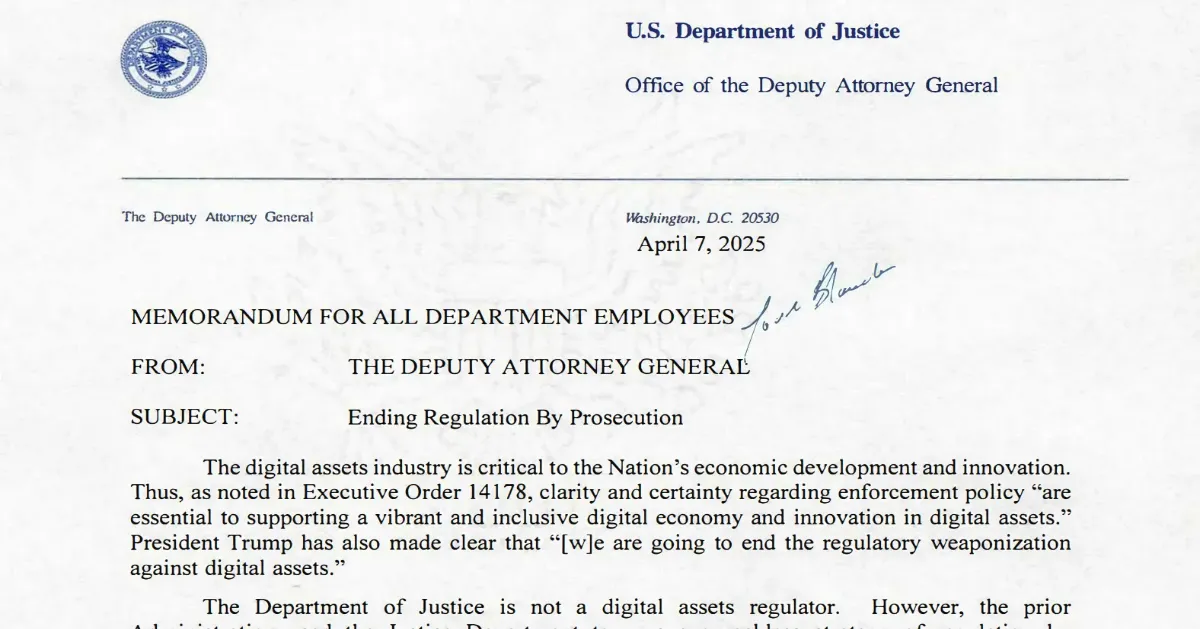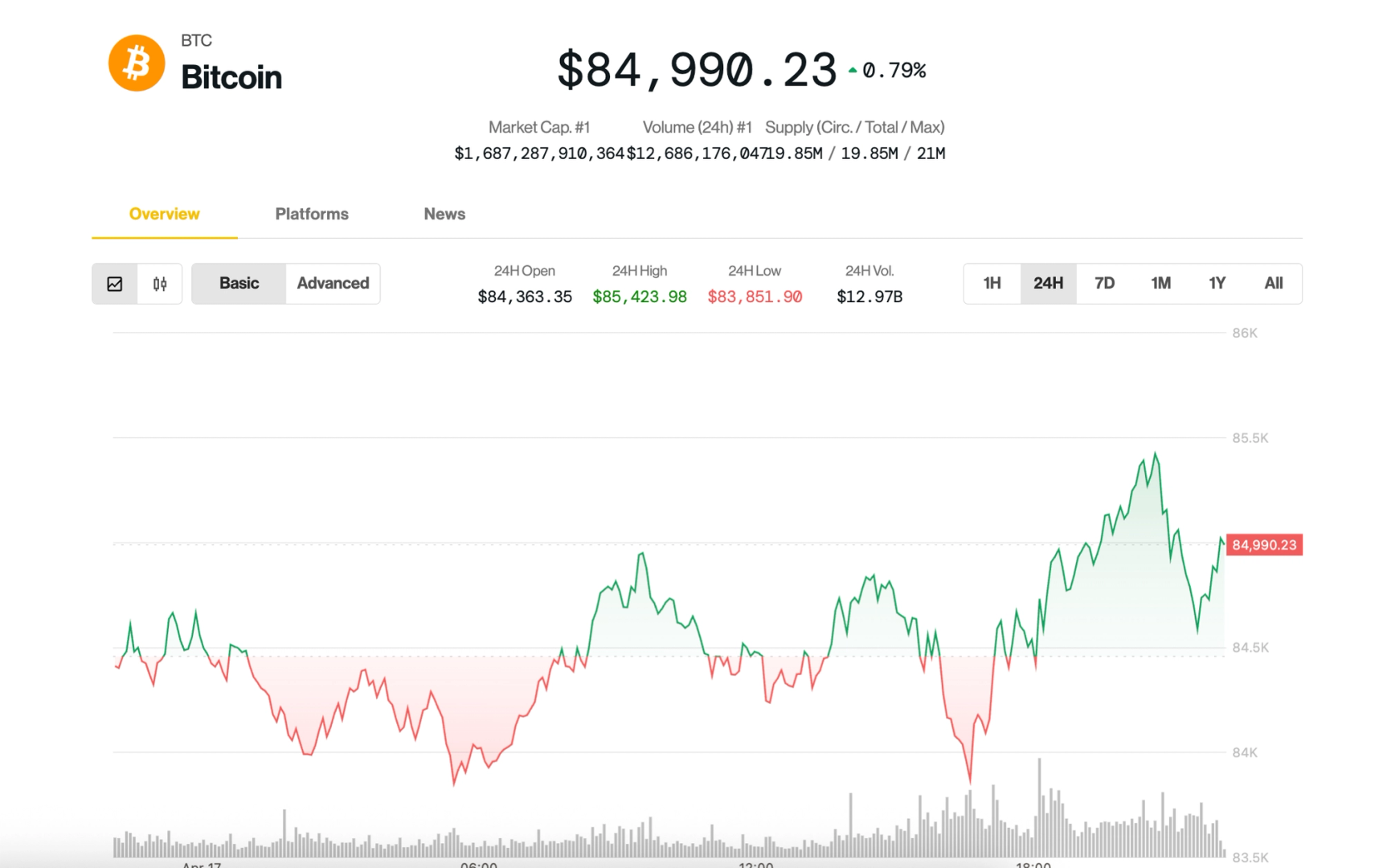Navigating Common Hosting Pitfalls: Boost Your Site's Performance Today
Navigating Common Hosting Pitfalls: Boost Your Site's Performance Today Choosing the right web hosting service can be the difference between a thriving online presence and a frustrating experience for both you and your visitors. As freelancers, developers, web agencies, and ecommerce business owners, you face the unique challenge of balancing performance, reliability, and cost. Unfortunately, many fall into common hosting traps that can hamper site performance and user experience. Let’s explore these pitfalls and how to avoid them to ensure your website runs smoothly and efficiently. Understanding the Hosting Landscape Before diving into the pitfalls, it’s essential to understand the different types of hosting available. Shared hosting, VPS (Virtual Private Server), and dedicated hosting each come with their own pros and cons. Shared hosting is the most cost-effective option but can lead to slower speeds and downtime during high traffic. VPS offers a middle ground—more resources and better performance without the high costs of dedicated hosting. Dedicated hosting provides maximum control and speed but at a premium price. Choosing the right hosting type is crucial. If you're running an ecommerce site or a portfolio that demands high performance and uptime, consider investing in VPS or dedicated hosting options. Liquid Web's VPS Hosting can provide the reliability you need to ensure your site never lets your visitors down. Common Hosting Pitfalls to Avoid 1. Ignoring Speed and Performance Metrics Website speed is a critical factor that affects user experience, SEO rankings, and conversion rates. A site that takes more than a few seconds to load can lead to high bounce rates. To avoid this pitfall, regularly monitor your site's performance using tools like Google PageSpeed Insights or GTmetrix. Optimize Images: Large image files can slow down your site. Use formats like JPEG for photos and PNG for graphics, and consider using compression tools. Leverage Caching: Implement caching strategies to reduce load times for returning visitors. Tools like WP Rocket or W3 Total Cache can significantly boost performance. 2. Overlooking Security Features A secure site is essential for building trust with your audience, especially in ecommerce. Many web hosting providers offer security features, but not all are created equal. Failing to prioritize security can lead to data breaches, malware infections, and a damaged reputation. SSL Certificates: Ensure your hosting plan includes an SSL certificate to encrypt data and build customer trust. Regular Backups: Choose a host that provides automated backups to safeguard your data against loss. 3. Underestimating Customer Support When issues arise, reliable customer support can make or break your experience with a hosting provider. A host with poor support can leave you stranded during critical moments, leading to downtime and loss of revenue. 24/7 Availability: Look for hosts that offer round-the-clock support through multiple channels like live chat, phone, and email. Knowledge Base: A comprehensive knowledge base can help you troubleshoot common issues without reaching out to support. Enhancing Your Hosting Strategy Make Informed Decisions Before committing to a hosting provider, research customer reviews and performance comparisons. A short-term investment in a reliable host can yield long-term benefits, especially if you're aiming for growth. Choose Scalable Solutions As your business expands, your hosting needs will evolve. Opt for a hosting plan that allows for easy upgrades to accommodate increased traffic, enhanced features, and more resources. This foresight can save you time and money in the long run. Regularly Review Your Hosting Needs Periodically assess your hosting performance against your current needs. If you notice slow load times, frequent downtime, or inadequate support, it may be time to consider a change. By navigating these common hosting pitfalls and focusing on performance, security, and support, you can create a robust online presence that resonates with your audience. Investing in the right hosting solution not only enhances user experience but also sets your business up for sustained growth and success.
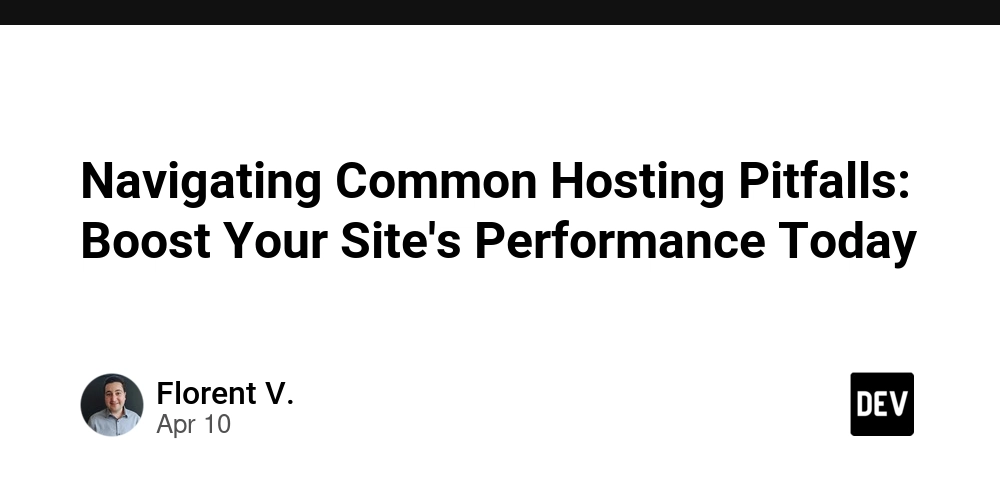
Navigating Common Hosting Pitfalls: Boost Your Site's Performance Today
Choosing the right web hosting service can be the difference between a thriving online presence and a frustrating experience for both you and your visitors. As freelancers, developers, web agencies, and ecommerce business owners, you face the unique challenge of balancing performance, reliability, and cost. Unfortunately, many fall into common hosting traps that can hamper site performance and user experience. Let’s explore these pitfalls and how to avoid them to ensure your website runs smoothly and efficiently.
Understanding the Hosting Landscape
Before diving into the pitfalls, it’s essential to understand the different types of hosting available. Shared hosting, VPS (Virtual Private Server), and dedicated hosting each come with their own pros and cons. Shared hosting is the most cost-effective option but can lead to slower speeds and downtime during high traffic. VPS offers a middle ground—more resources and better performance without the high costs of dedicated hosting. Dedicated hosting provides maximum control and speed but at a premium price.
Choosing the right hosting type is crucial. If you're running an ecommerce site or a portfolio that demands high performance and uptime, consider investing in VPS or dedicated hosting options. Liquid Web's VPS Hosting can provide the reliability you need to ensure your site never lets your visitors down.
Common Hosting Pitfalls to Avoid
1. Ignoring Speed and Performance Metrics
Website speed is a critical factor that affects user experience, SEO rankings, and conversion rates. A site that takes more than a few seconds to load can lead to high bounce rates. To avoid this pitfall, regularly monitor your site's performance using tools like Google PageSpeed Insights or GTmetrix.
- Optimize Images: Large image files can slow down your site. Use formats like JPEG for photos and PNG for graphics, and consider using compression tools.
- Leverage Caching: Implement caching strategies to reduce load times for returning visitors. Tools like WP Rocket or W3 Total Cache can significantly boost performance.
2. Overlooking Security Features
A secure site is essential for building trust with your audience, especially in ecommerce. Many web hosting providers offer security features, but not all are created equal. Failing to prioritize security can lead to data breaches, malware infections, and a damaged reputation.
- SSL Certificates: Ensure your hosting plan includes an SSL certificate to encrypt data and build customer trust.
- Regular Backups: Choose a host that provides automated backups to safeguard your data against loss.
3. Underestimating Customer Support
When issues arise, reliable customer support can make or break your experience with a hosting provider. A host with poor support can leave you stranded during critical moments, leading to downtime and loss of revenue.
- 24/7 Availability: Look for hosts that offer round-the-clock support through multiple channels like live chat, phone, and email.
- Knowledge Base: A comprehensive knowledge base can help you troubleshoot common issues without reaching out to support.
Enhancing Your Hosting Strategy
Make Informed Decisions
Before committing to a hosting provider, research customer reviews and performance comparisons. A short-term investment in a reliable host can yield long-term benefits, especially if you're aiming for growth.
Choose Scalable Solutions
As your business expands, your hosting needs will evolve. Opt for a hosting plan that allows for easy upgrades to accommodate increased traffic, enhanced features, and more resources. This foresight can save you time and money in the long run.
Regularly Review Your Hosting Needs
Periodically assess your hosting performance against your current needs. If you notice slow load times, frequent downtime, or inadequate support, it may be time to consider a change.
By navigating these common hosting pitfalls and focusing on performance, security, and support, you can create a robust online presence that resonates with your audience. Investing in the right hosting solution not only enhances user experience but also sets your business up for sustained growth and success.









































































































































































![[The AI Show Episode 144]: ChatGPT’s New Memory, Shopify CEO’s Leaked “AI First” Memo, Google Cloud Next Releases, o3 and o4-mini Coming Soon & Llama 4’s Rocky Launch](https://www.marketingaiinstitute.com/hubfs/ep%20144%20cover.png)


















































































































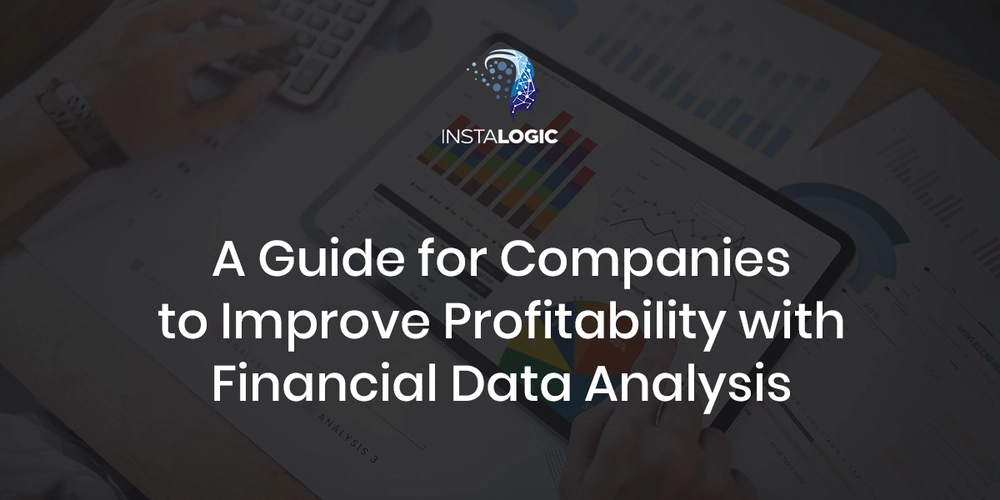






















































































![Rogue Company Elite tier list of best characters [April 2025]](https://media.pocketgamer.com/artwork/na-33136-1657102075/rogue-company-ios-android-tier-cover.jpg?#)








































































.webp?#)































































































![Here’s the first live demo of Android XR on Google’s prototype smart glasses [Video]](https://i0.wp.com/9to5google.com/wp-content/uploads/sites/4/2025/04/google-android-xr-ted-glasses-demo-3.png?resize=1200%2C628&quality=82&strip=all&ssl=1)











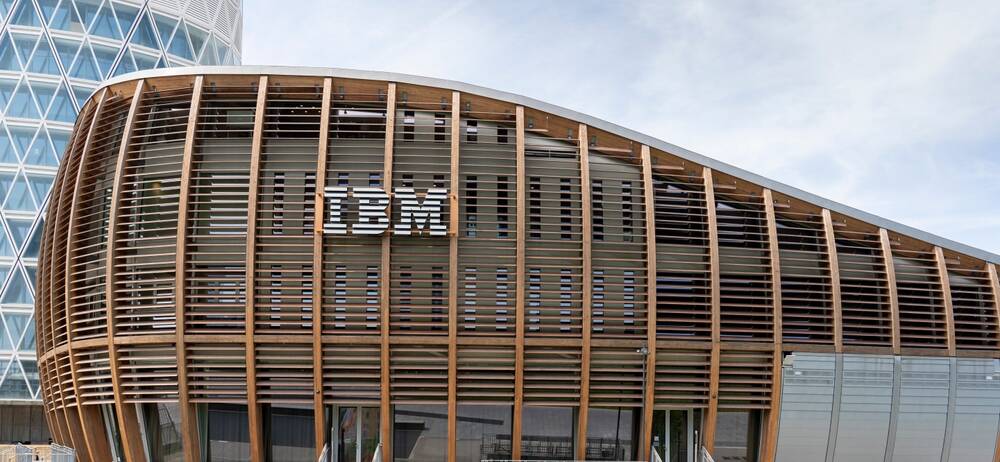


![New Beats USB-C Charging Cables Now Available on Amazon [Video]](https://www.iclarified.com/images/news/97060/97060/97060-640.jpg)

![Apple M4 13-inch iPad Pro On Sale for $200 Off [Deal]](https://www.iclarified.com/images/news/97056/97056/97056-640.jpg)


















